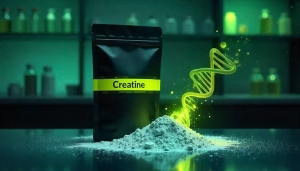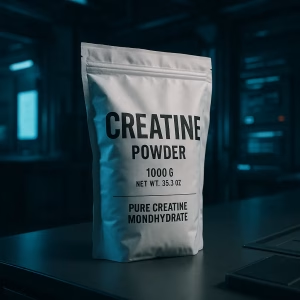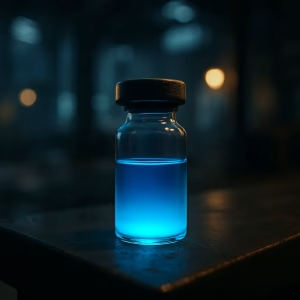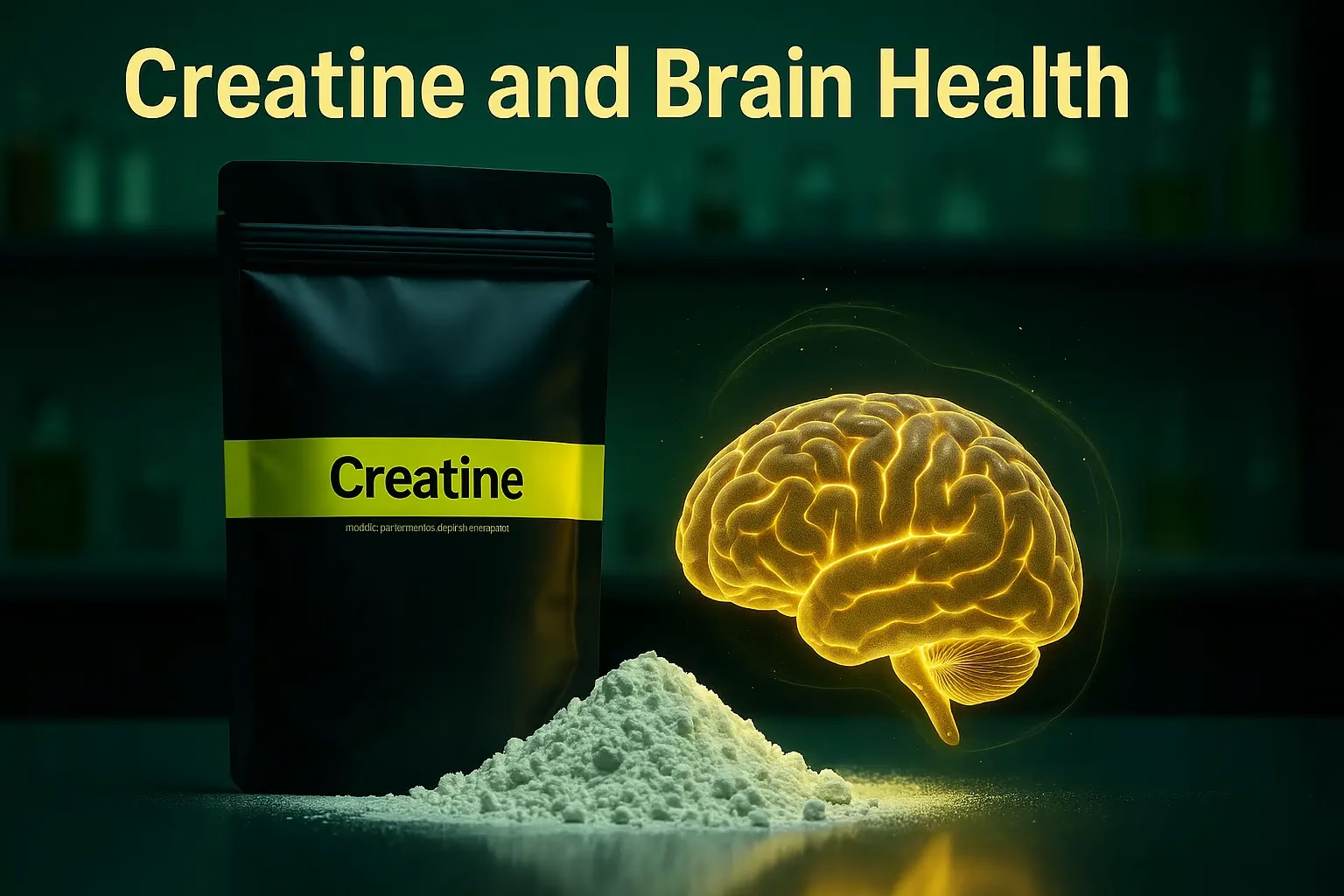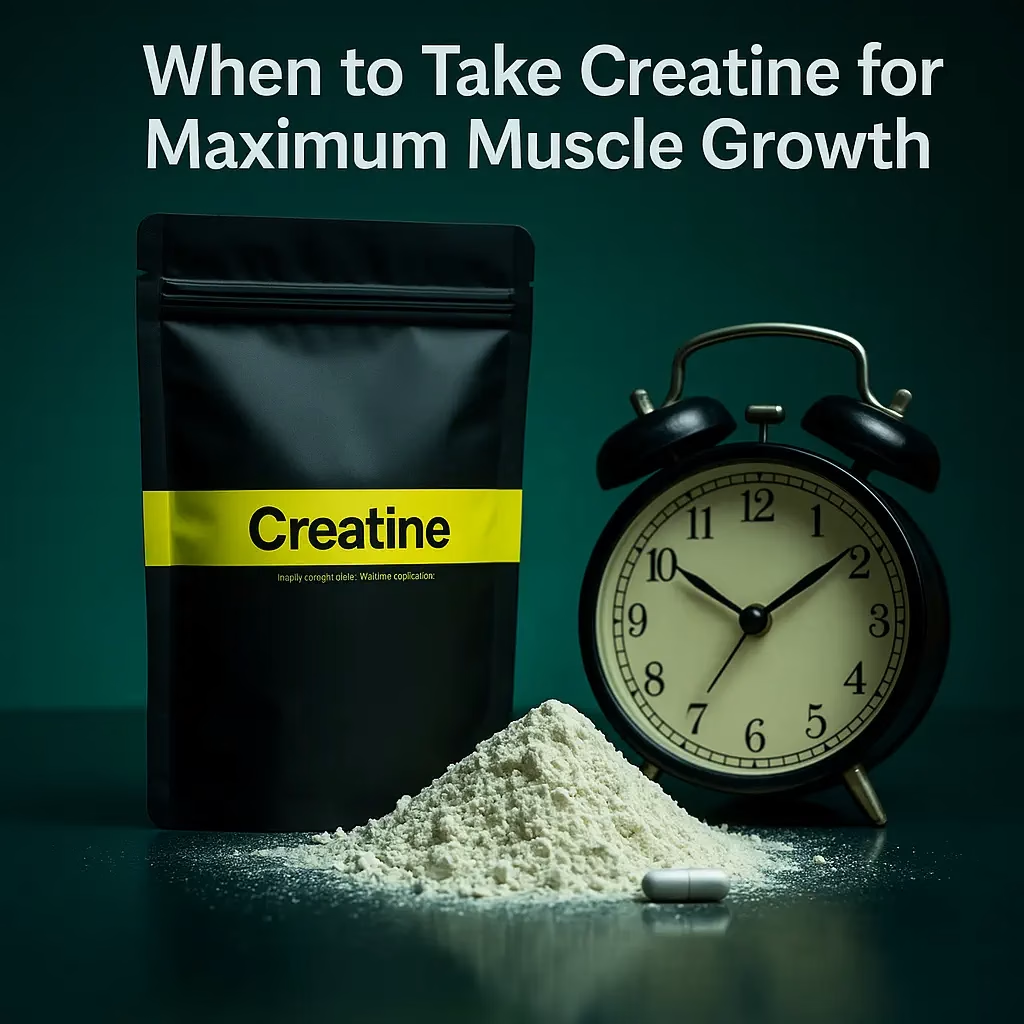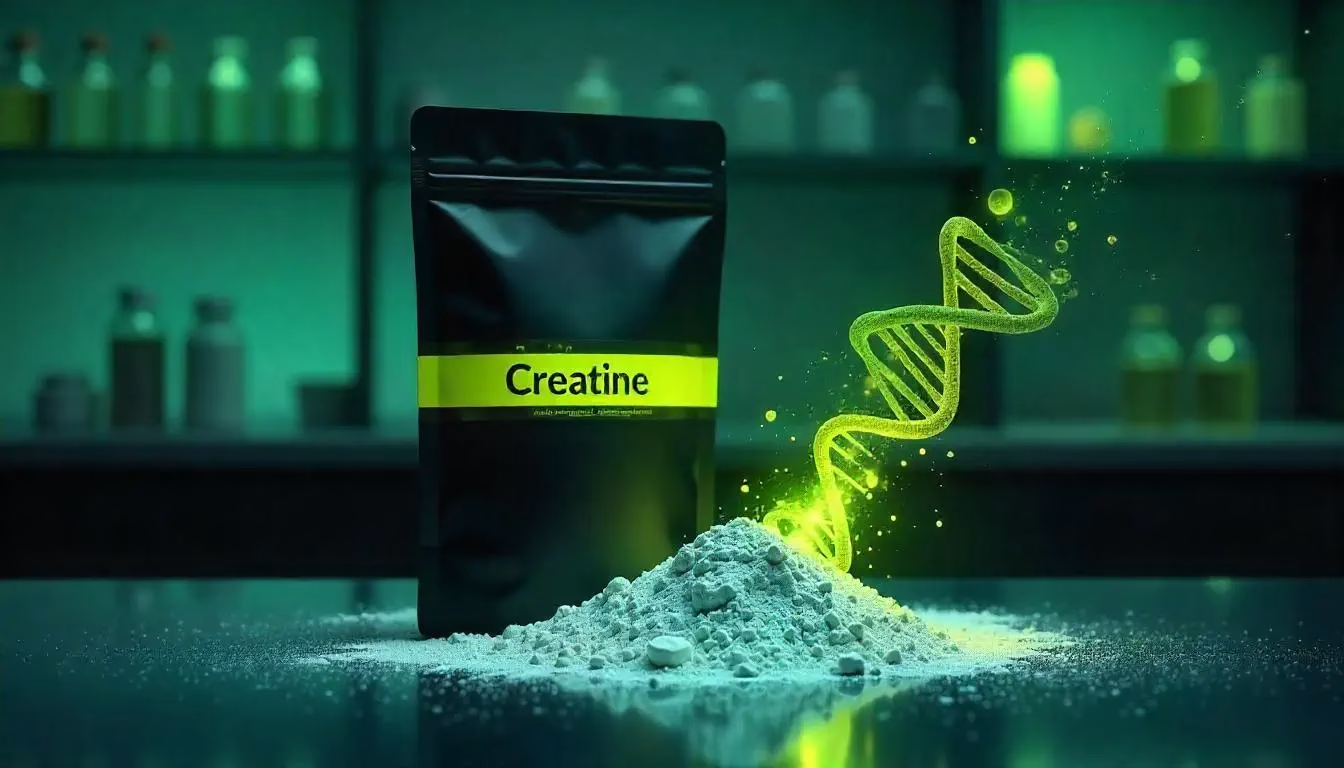Why This Matters to Women 40+
Peptide therapy and hormone replacement often surface together in wellness circles, yet they are not interchangeable. For women navigating energy dips, stubborn fat, mood shifts, and slower recovery after 40, knowing the difference can be the key to a targeted, safer strategy—without guesswork.
What You Are About to Learn
- The core biological roles of peptides and hormones—and how they diverge
- Specific ways peptides support metabolism, recovery, and collagen in 2025
- When full or partial hormone optimization still matters
- Clear criteria to decide which route—or combination—fits your goals
- SSRP Pro Tips for sourcing, dosing, and monitoring safely
- Evidence‑based answers to common questions about legality, side effects, and results
Peptides and Hormones: Definitions in 2025
Peptides: Nature’s Precision Messengers
Peptides are short chains of amino acids (2–50 units) that signal specific tissues. They act quickly, have short half‑lives (time for half of a substance to be cleared), and target precise pathways like collagen synthesis or growth‑hormone release. They are often described as whisper campaigns to nudge your body’s own production.
Hormones: Master Regulators
Hormones are larger molecules—often lipids or complex proteins—released into the bloodstream to regulate whole‑body processes. Think estrogen, progesterone, and thyroid hormone. They can bind to receptors far from their origin, with longer half‑lives and widespread effects.
Key Differences for Women 40+
| Aspect | Peptides | Hormones |
|---|---|---|
| Primary Action | Targeted signaling (e.g., tissue repair) | Global regulation (e.g., menstrual cycle) |
| Onset | Rapid (days to weeks) | Moderate (weeks to months) |
| Half‑Life | Minutes to hours | Hours to days |
| Customization | Precise stacking (CJC‑1295 + Ipamorelin) | Balancing entire endocrine axes |
| Typical Delivery | Subcutaneous micro‑dose or topical | Creams, patches, pellets, or injectables |
| Side‑Effect Profile | Generally milder; localized | Broad systemic effects; requires labs |
SSRP Pro Tip: Peptides can complement—not replace—bio‑identical hormones when lab values confirm deficiency.
Spotlight Peptides for 2025
CJC‑1295 + Ipamorelin (Growth‑Hormone Secretagogues)
Boost deep‑sleep recovery, fat oxidation, and lean muscle.
Studies suggest a significant rise in natural growth‑hormone pulse within 2 weeks [PubMed ID 33223329].
BPC‑157 (Body Protection Compound)
Accelerates gut and joint healing; lowers systemic inflammation.
Animal data shows rapid tendon repair via angiogenesis (new blood‑vessel formation).
GHK‑Cu (Copper Peptide)
Increases collagen and elastin, promoting youthful skin and hair.
Clinical trials indicate a 30 % boost in collagen synthesis after 12 weeks of topical use.
Thymosin Beta‑4 (TB‑500)
Enhances tissue regeneration and immune modulation.
Research links TB‑4 to reduced scar‑tissue formation in post‑operative recovery.
When Hormone Therapy Makes Sense
- Documented deficiency: Low estradiol, progesterone, or thyroid confirmed by labs.
- Severe menopausal symptoms: Hot flashes, night sweats, or osteoporosis risk.
- Autoimmune thyroid dysfunction: Requires calibrated thyroid replacement.
Integration example: Peptides for joint repair + low‑dose estrogen/progesterone for bone density.
Common Misconceptions and Mistakes Regarding Peptides vs. Hormones
- “Peptides are safer, so labs aren’t needed.” False. Insulin‑like effects or cortisol shifts demand monitoring.
- “Hormones build muscle faster.” Not always—poor dosing can lead to water retention and mood swings.
- “More is better.” Whether peptide or hormone, saturation points exist; overdosing stalls progress.
- “Online peptides are fine if reviews are good.” Counterfeit rates run high; peptides may be under‑dosed or contaminated.
SSRP Pro Tip: Combine quarterly labs with symptom journals to fine‑tune therapy.
Peptide FAQs
Q1 · How quickly will I notice results from peptides?
A: Sleep quality and recovery often improve within 2–4 weeks; visible body‑composition changes can take 8–12 weeks.
Q2 · Can peptides replace hormone therapy?
A: Not in confirmed endocrine deficiency, but they may reduce required hormone dosages.
Q3 · Are peptides legal for personal use?
A: Yes—when prescribed by a licensed practitioner and compounded in FDA‑inspected pharmacies.
Q4 · Do peptides have side effects?
A: Possible local redness, mild water retention, or appetite changes. Severe effects are rare when dosing is correct.
Q5 · How are peptides stored?
A: Most require refrigeration (36–46 °F) to maintain potency over 30–60 days.
Conclusion: Craft Your Personalized Path
Peptides and hormones serve distinct roles. Peptides fine‑tune; hormones overhaul. For women 40 +, combining data‑driven labs, precision peptides, and, if necessary, bio‑identical hormones offers a balanced route to energy, lean muscle, and graceful aging.
Ready for a custom protocol?
Call Alpha Rejuvenation at (949) 642‑1364 or email experts@alpha‑rejuvenation.com for a full consult.
References
- CJC‑1295 growth‑hormone pulsatility: https://pubmed.ncbi.nlm.nih.gov/33223329/
- GHK‑Cu and collagen synthesis: https://pubmed.ncbi.nlm.nih.gov/29483900/
- BPC‑157 in tendon healing: https://pubmed.ncbi.nlm.nih.gov/30020423/
- TB‑500 and scar reduction: https://pubmed.ncbi.nlm.nih.gov/35105279/
- Hormone therapy in menopausal women: https://pubmed.ncbi.nlm.nih.gov/34567154/



